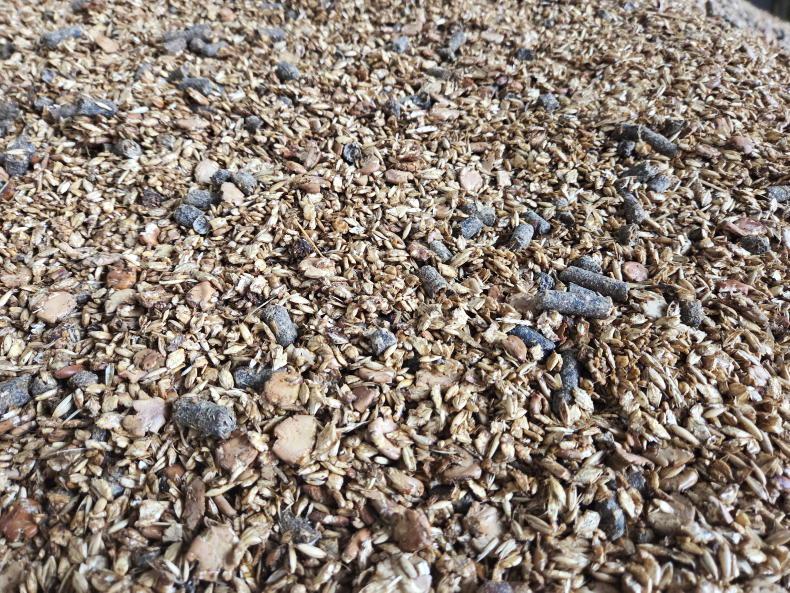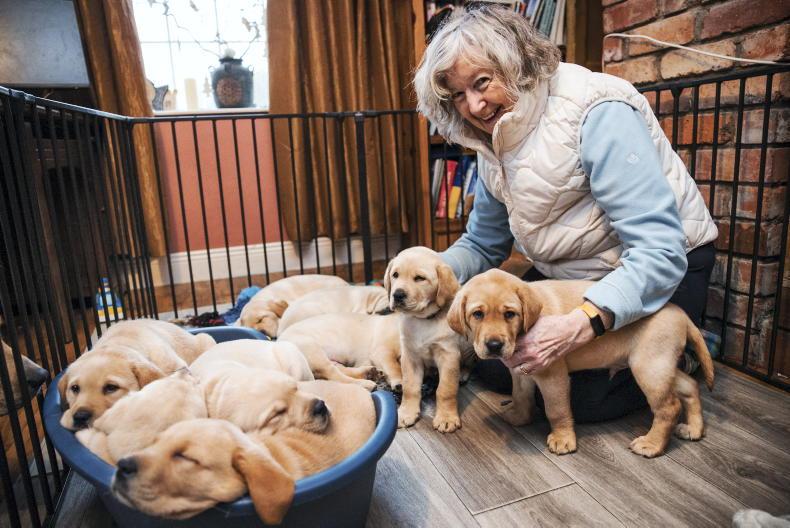I was sorting through my wallet recently, ahead of the inevitable battering it’s going to take with Christmas, when my organ donor card fell out. I couldn’t believe it but I’d never signed it. I’m very definite that if something unfortunate was to happen, I’d like all my organs donated. Yet, I can’t remember the last time I had this conversation with my husband, and I suspect I’m not the only one whose intentions haven’t turned into action.
I was mulling on this following the organ donation discussion that took place at our Women & Agriculture conference. Brothers Colin and Brendan McArdle spoke about organ donation, as 12 years ago, Brendan donated his kidney to Colin.
At that stage, Colin had kidney disease and had been on dialysis for four years. Thankfully, when his brother was a match, it led to a successful surgery. However, in the three years that Colin was on the transplant list, he never got a call.
Transplant waiting list
In any given year, there are approximately 600 people in a similar position - on the national organ transplant list, waiting on a heart, lung, kidney, liver or pancreas.
Earlier this week, the Organ Donation and Transplant Ireland Annual Report for 2023 was published and it had good statistics, outlining that while donations took a massive hit due to COVID-19, we’re now back to pre-pandemic levels.
Furthermore, in February, the Human Tissue Bill was signed into law by President Higgins but it has not taken effect yet. This means that in future, the current situation regarding organ donation will be flipped on its head. It will then be assumed that everyone is a potential donor unless they register to opt-out. Someone who doesn’t want to donate their organs will put their name on the register.
This will be a soft opt-out process and the final decision continues to rest with the family. So if a person passes away and their organs are viable, the organ donation team will first check to see if the person’s details are on the register.
If not, a conversation will be had with the family, gently advising that as their loved one didn’t put their name on the register, that might indicate that they would have been supportive of organ donation. The family must still give written consent but it may make their decision easier.
Because it will be a soft opt-out process, will it make a difference?
Although there is no specific data to show the potential impact, international evidence shows that when supported by investment, rates of organ transplantation increased in other countries. It also gives a legal basis for altruistic living organ donations which up to now were only available to relatives and close friends. In the future, donations can be made by any citizen.
This is all well and good however, things will not change until this law comes into effect. There is going to be a lot of distraction in the coming weeks, with an election on the horizon, but the Department of Health and the new government can’t take their eye off the ball on this one – it’s too important, lives are on the line here.








SHARING OPTIONS